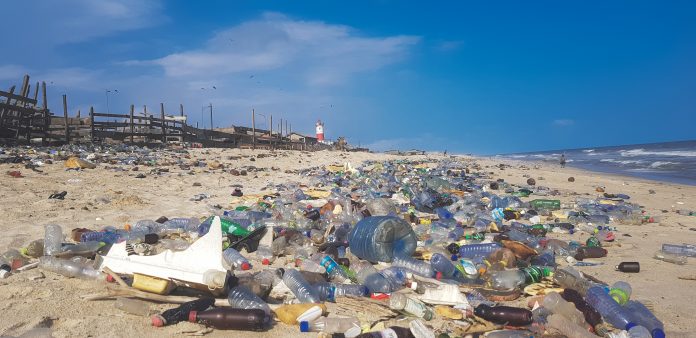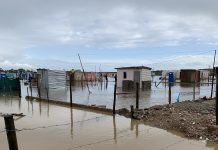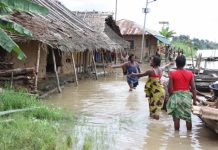Cape Town: Ghana will become the first country in Africa to sign up to the World Economic Forum’s Global Plastic Action Partnership (GPAP) in a bid to address the nation’s mounting plastic waste and pollution challenge.
As one of the world’s fastest growing economies, Ghana is regarded as a regional leader in entrepreneurship and innovation. This rapid expansion of economic activity has brought with it a mounting plastic waste and pollution challenge.
GPAP will fast-track progress on these fronts by working with Ghana’s public, private and civil society sectors to steer the transition towards a circular economy in which plastics are manufactured, used and re-used sustainably. It will also support and develop locally led initiatives by creating a platform to facilitate knowledge sharing, connect like-minded actors and scale up best practices to the national, regional and global level.
“Our partnership with the Global Plastics Action Partnership will bring together new and existing efforts to spark off innovation and achieve progress at a tremendous scale,” said Professor Kwabena Frimpong-Boateng, Ghana’s Minister of Environment, Science, Technology and Innovation. “Our success will propel Ghana to emerge as a regional leader on the issue of plastic pollution reduction and inspire other nations to act through sharing our knowledge and lessons. Ultimately, we hope that this will mark the beginning of a new era of action on plastic waste and pollution across the African continent.”
“Under the leadership of President Akufo-Addo and Minister Frimpong-Boateng, Ghana is sending a clear signal that it is prepared to play a leading role in tackling the scourge of plastic waste and pollution not just at the national level but also across Africa. The Global Plastic Action Partnership is proud to assist the country in this role by facilitating public-private collaboration, assisting in scaling up solutions and sharing best practices from around the world,” said Kristin Hughes, Director of the Global Plastic Action Partnership at the World Economic Forum.
About plastic pollution in Ghana
Ghana stands at the junction of unparalleled growth and potential. On track to achieve the fastest economic growth among all nations in 2019, it has also shown remarkable leadership in championing new efforts to boost sustainability across its businesses, rejuvenate its natural environment, and promote the wellbeing and livelihoods of its people. At the same time, insufficient infrastructure to manage and reduce waste has led to unsustainable levels of pollution and leakage, putting the wellbeing of both Ghana’s people and biodiversity at risk. Urgent and collective action is needed to address this challenge.
Ghanaians have reacted energetically to this challenge. The government has implemented a National Plastics Management Policy to address the unsustainable adoption of single-use plastic. It has also signalled a willingness to pioneer new approaches to plastic material design, recycling and waste management infrastructure, and the integration of sustainable business practices throughout value chains. A number of circular economy and waste management initiatives have also been established at the local level. The United Nations Development Programme will act as a key partner and adviser and is expected to launch an initiative designed to empower waste resource recovery efforts. GPAP’s role will be to provide a platform allowing those involved in these diverse initiatives to collaborate, share best practices and scale up solutions.
The World Economic Forum on Africa is taking place on 4-6 September in Cape Town, South Africa, under the theme “Shaping Inclusive Growth and Shared Futures in the Fourth Industrial Revolution”. The meeting will convene more than 1,000 regional and global leaders from government, business, civil society and academia. This gathering will explore new models to help Africa achieve success at a time when technology is creating dramatic economic and societal shifts. The meeting’s interactive programme covers issues as diverse as skills and education, the ocean economy, the economic impact of drones, free trade and e-commerce.
The Co-Chairs are Ellen Agler, Chief Executive Officer, The END Fund, USA; Jeremy Farrar, Director, Wellcome Trust, United Kingdom; Arancha Gonzalez Laya, Executive Director, International Trade Centre (ITC), Geneva; André Hoffmann, Vice-Chairman, Roche, Switzerland; Alex Liu, Managing Partner and Chairman, A. T. Kearney, USA; Jim Ovia, Chairman, Zenith Bank, Nigeria, Sipho M. Pityana, Chairman, AngloGold Ashanti, South Africa .
World Economic Forum












